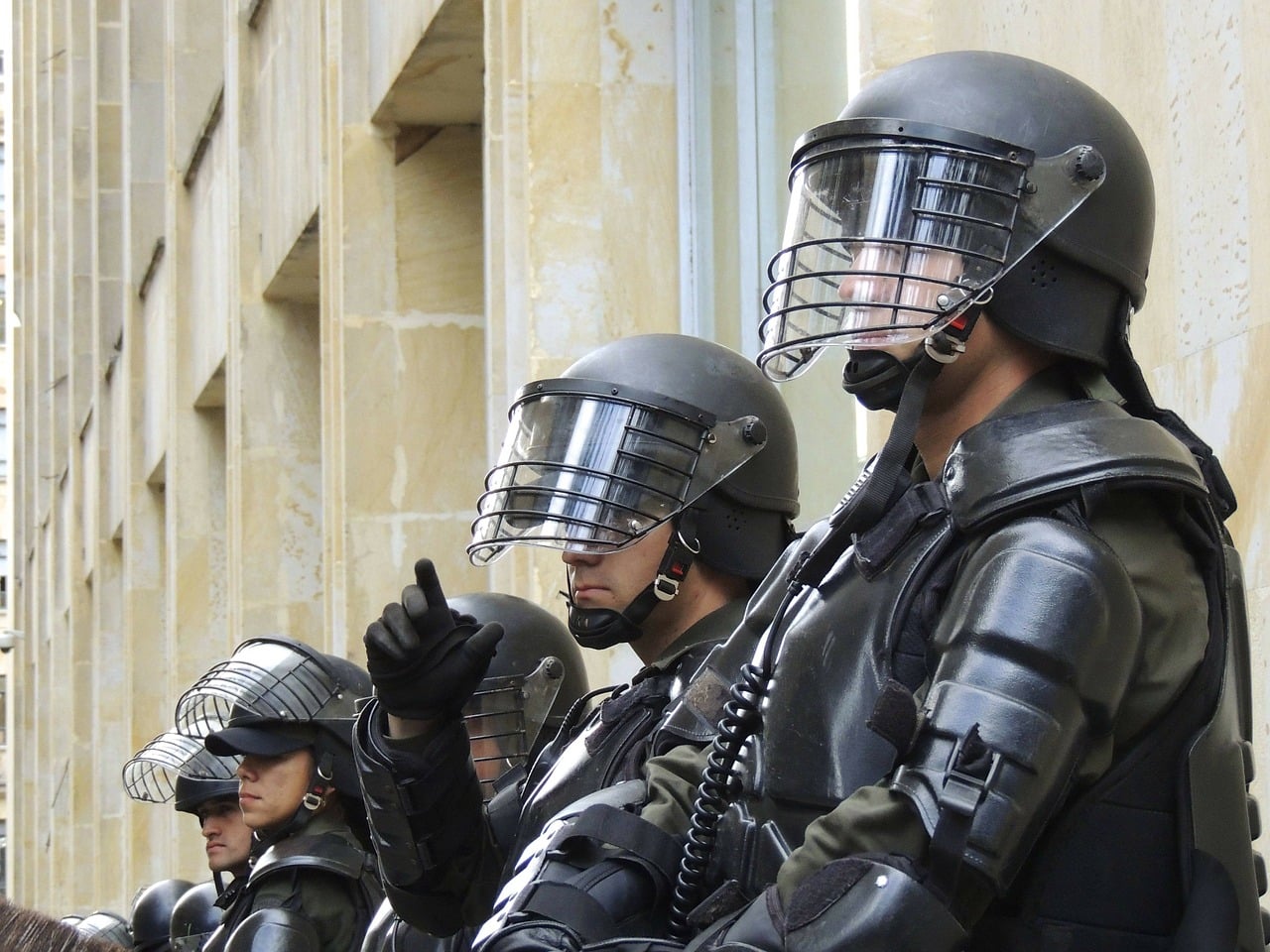Being Forced to Pay Costs Would Provide Fairer More Effective Deterrent
Three of the persons involved in what leaders of the University of North Carolina described as a “highly organized” example of “mob rule,” “unlike any” they had experienced before, have been charged with minor crimes for toppling the long-standing statute known as “Silent Sam” on its campus.
But two minor misdemeanor charges – for defacing a public monument and rioting – are unlikely to involve punishment serious enough to deter similar actions in the future, and may still leave the university having to pay, from its students’ tuition money, for the cost of the replacement of the statute as required by law, says public interest law professor John Banzhaf.
Banzhaf suggests that, in addition to what he says are likely to be largely toothless prosecutions of the three individuals, they and others who were found to have participated in the criminal conspiracy to topple the statute at the University of North Carolina should be sued civilly for all of the costs associated with the event, including replacing the statute as required by state law, and possibly even for the expenses required by actions necessary to protect it in the future.
It also means that the huge costs associated with these two events will probably have to be borne by the University of North Carolina, which means it will be paid from its student’s tuition money, said Banzhaf.
He notes that under such civil tort law suits, the law would impose “joint and several liability,” which means that each person who participated can be held liable for all of the damages, not simply for some proportionate share, and that a court can in addition impose stiff punitive damages many times the substantial amount of actual monetary damages which can easily be established.
Rioters on many campuses have shown time and time again that they are not deterred by the threat of minor criminal charges which often lead only to nominal fines, and which students may well see as a badge of honor for engaging in some criminal act which is popular among their friends and colleagues, argues Banzhaf.
He suggests that some even try to use their criminal trials as soap boxes to expose what they see as wrongdoing, and as a major megaphone for their cause.
“Suing the Disruptors” – like “Suing the Bastards” – may be the most effective way to help deter illegal campus protests, such as those occurring repeatedly at the University of North Carolina, and to . and to see that the great majority of students at a college are not forced to pay, through their tuition, for the huge costs imposed by a tiny minority of criminals causing such disruptions. says Banzhaf, citing these examples.
When other groups learn that the Sea Shepherd Conservation Society has been forced to pay $2.55 million to Japanese companies for illegally using acid and smoke bombs to disrupt their whaling, they may think twice before committing crimes to advance their agenda, says Banzhaf.
In another example, a student who illegally chained himself to some construction equipment because he opposed an oil pipeline was forced to pay out big bucks for his criminal conduct.
As NPR reported it, he was apparently ready to accept a relatively painless conviction and tiny fine for trespass, but not to pay the pipeline company $39,000 in restitution.
Similarly, eleven protesters who allegedly engaged in illegal activities at the Mall of America faced restitution claims from the City of Bloomington.
Also, pro-life activists were successfully sued under RICO for physically blocking access to abortion clinics, says Banzhaf.
Although the three already charged in North Carolina are reportedly not students at University of North Carolina, many more people were involved in the planning and execution of this crime, suggests Banzhaf, and it should be possible to identify them from eye witness accounts, surveillance cameras and videos shot at the scene of the toppling, as well as even a cursory examination of social media.
He notes that the State Bureau of Investigation is already investigating.
Each of the hundreds of protestors, many reportedly students, can then be sued for the entire amount of the damages, plus punitive damages for their part in a civil conspiracy, he notes.
This could be especially important because University officials are expecting a rally Saturday at the site of the toppled statute; a rally they believe could easily lead to more violence and destruction.
Simply announcing plans to bring civil suits against every individual found to have participated could deter further violence in a ways the threat of misdemeanor prosecutions have not, suggests Banzhaf.
Had the University of North Carolina announced before Saturday’s riots that those participating would be sued civilly for damages, as well as face minor criminal sanctions, yesterday’s riots might not have occurred.
Isn’t it time the University of North Carolina started standing up to criminals with a cause, asks Banzhaf.




